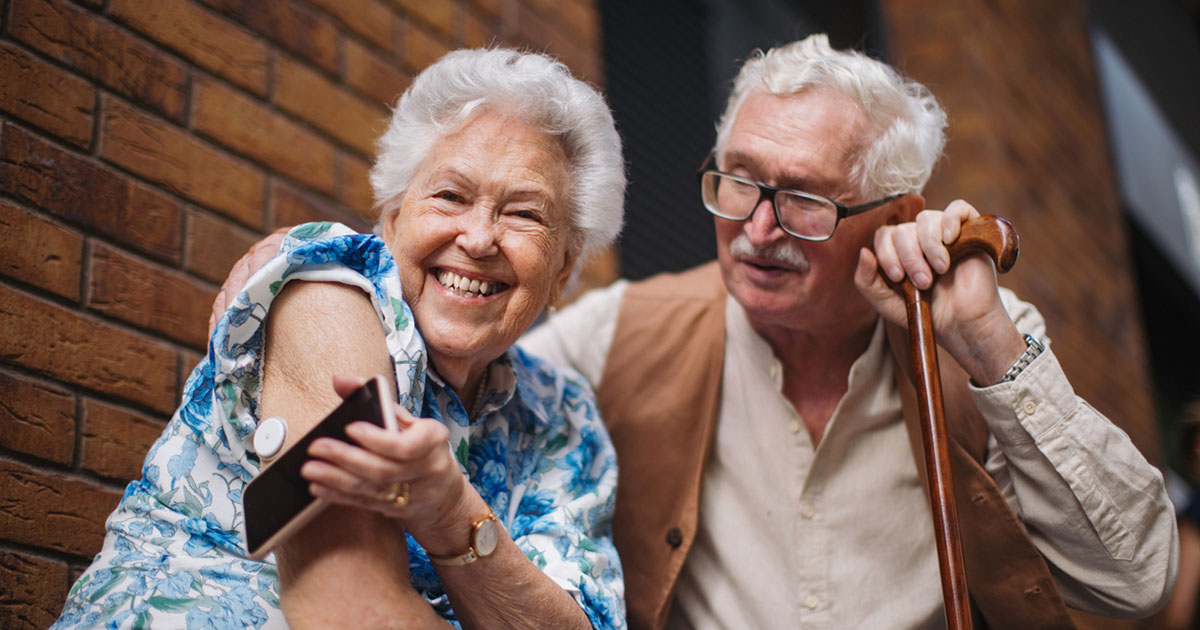Scenario
by Juliette Mathie, Practice Nurse
Miss G is a 93-year-old spinster with type 2 diabetes, peripheral arterial disease, varicose eczema and chronic, mixed-aetiology severe leg ulceration. She now needs daily dressing changes as the leakage seeps through within 24 hours. It is suspected that she might be interfering with the dressings at home, but she politely says that she is not. Her diabetes is adequately controlled for her age and frailty.
Over the past 3 years, she has seen various specialists including a diabetologist, dermatologist, vascular surgeon, tissue viability nurse and care for the elderly physician. The consensus recommendation was that a below-knee amputation is now the only viable treatment option. She adamantly declines and has refused to see another specialist.
The district nursing team has declined to see her, as she is clearly not housebound; however, the practice nursing team is struggling to see her as frequently as would be ideal. It can often take up to 90 minutes of healthcare assistant and/or practice nurse time and requires a separate room to be available.
Ethical discussion of the scenario
by Chris Elfes, GP
This is a genuine ethical dilemma for Miss G and the primary care team, as well as from a wider societal viewpoint. Provided that she has fully understood, retained and weighed up the information and communicated her decision (the “URWC” test) then she has the right (autonomy) to make a decision with which her healthcare team disagrees. The emotional context and fear of an amputation should not be overlooked. However, the greatest good for the greatest number (utilitarianism) and social justice (cost) justifications conflict with her right to dissent.
Whilst any number of competing ethical arguments could have been used in this – and any other scenario – for the purpose of the series I feel it is worth highlighting teleologically based decision-making. This looks at the outcome of decision-making independently from the deontological (duty-based) arguments. It can be practically applied using a consequentialist approach: what are the consequences of various options?
By talking through implications and consequences of any decision or recommendation, it might highlight to Miss G and her healthcare team the difficulties and underline the fact that there is no single correct best answer. A multidisciplinary team approach is required to debate the issues. It should also be recognised that the consequences of not permitting her regular access to NHS care (to which she is entitled), even when it is because of her own decision to decline expert recommendation, does not stand up to scrutiny.
With good risk-communication skills, patience and empathetic explanations, it may be feasible to provide her with enough relevant information for her to re-consider. Practical measures could also include bidding for additional nursing funds (unlikely to succeed but nothing is absolute) and sending photographs (with consent) to the tissue viability team to re-consider whether current dressing policy is indeed best practice in the circumstances.
Ethical principles covered
- Teleology (the study of outcome), including:
– Utilitarianism (greatest good for the greatest number)
– Consequentialism (the consequences of any decision) - Autonomy* (the rights of an individual)
- Deontology* (the study of duty)
- Social justice* (to balance the needs of all)
John Mill and Jeremy Bentham’s 19th century teleological principles often contravene those of Kantian ethics. Looking at the world from Mill’s angle means that an individual’s or society’s duty to follow due process should be overridden by the principle of “what is the best outcome regardless of the process.” For example, national guidelines may specify a particular gold-standard pathway, but local providers may have to go against this and spend less per individual in order to remain within budget and provide “good enough” care for as many individuals as possible.
Consequential arguments cannot mean that a health professional ignores professional or legal duties but should help for better understanding, informed debate and balanced decision-making.
*Also covered in one or more previous articles in the series.





Quantifying the risk of worsening glycaemia, and how should healthcare professionals respond?
22 Apr 2024